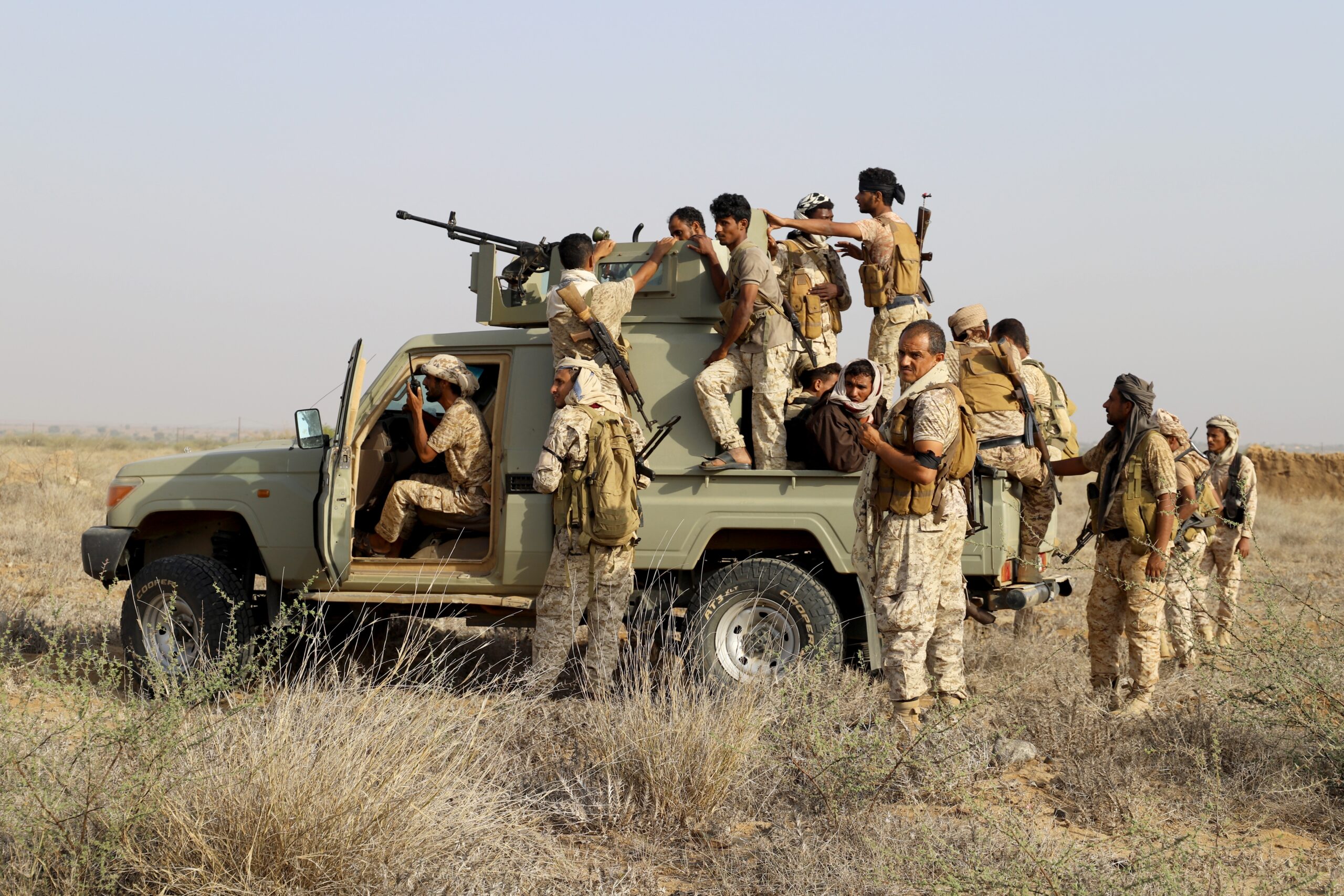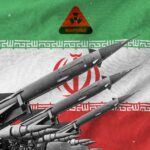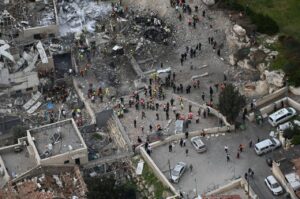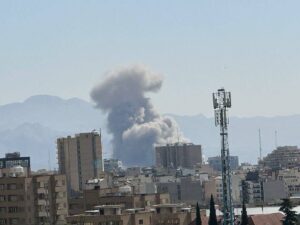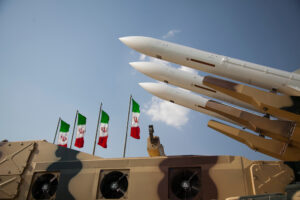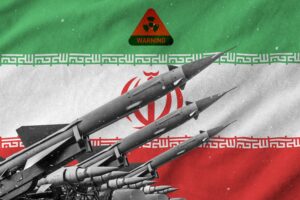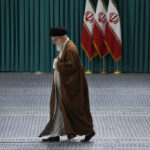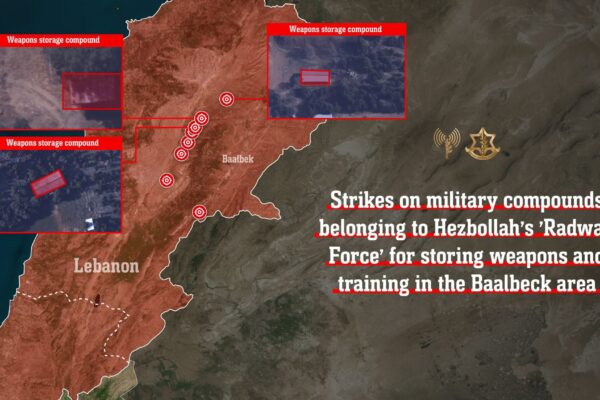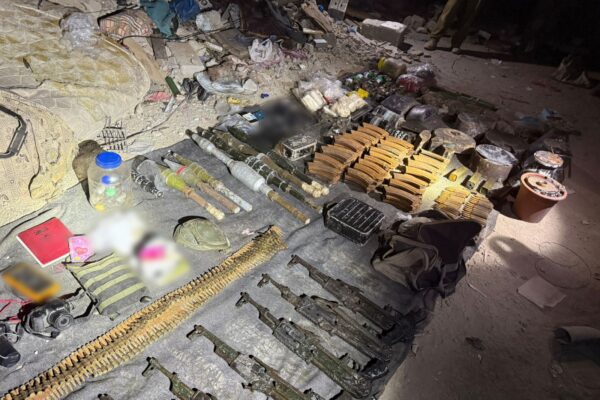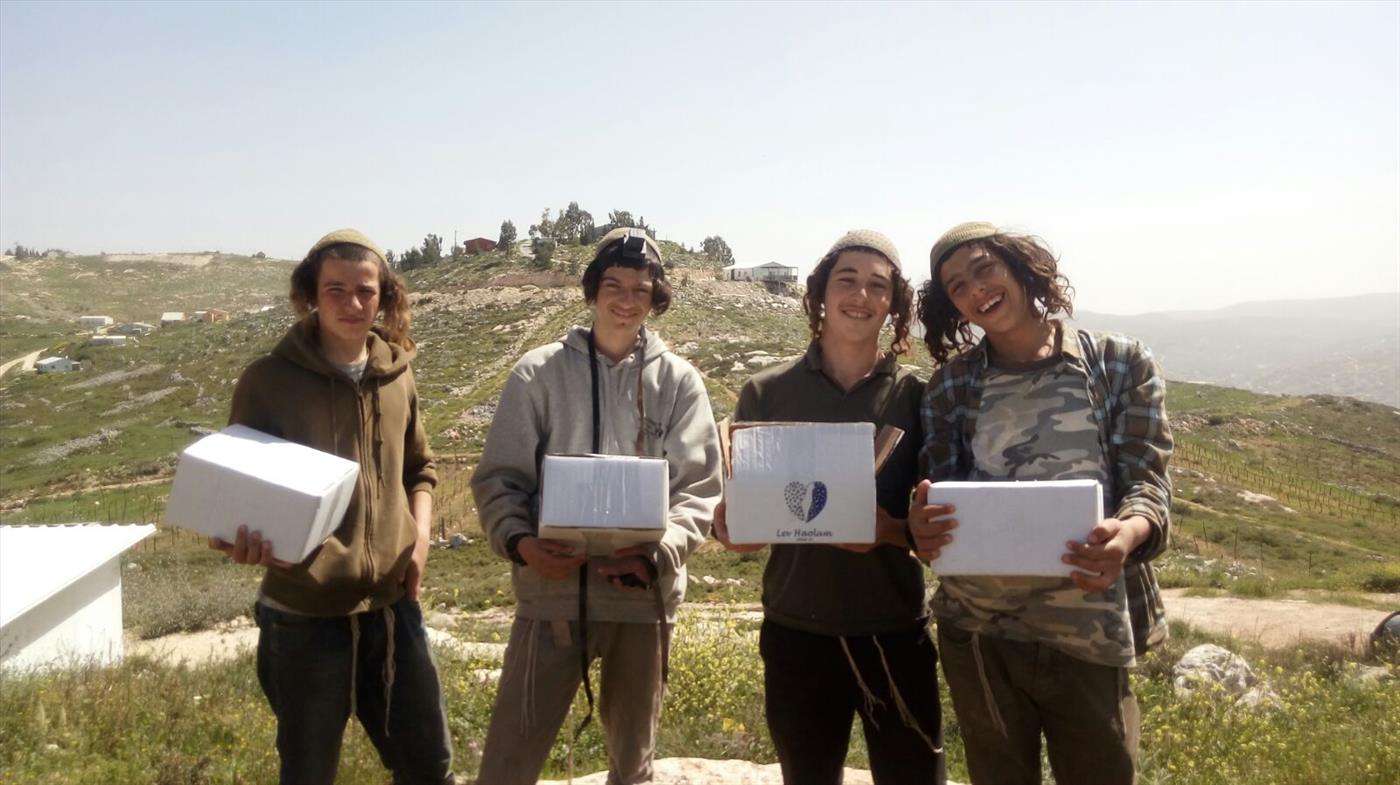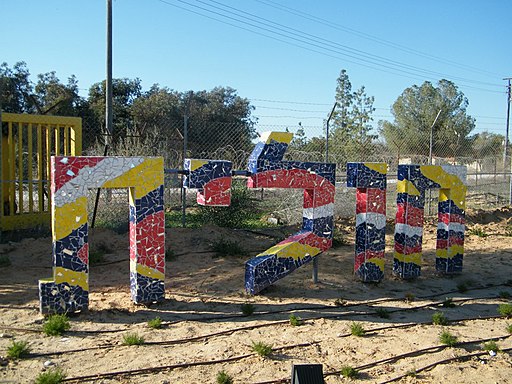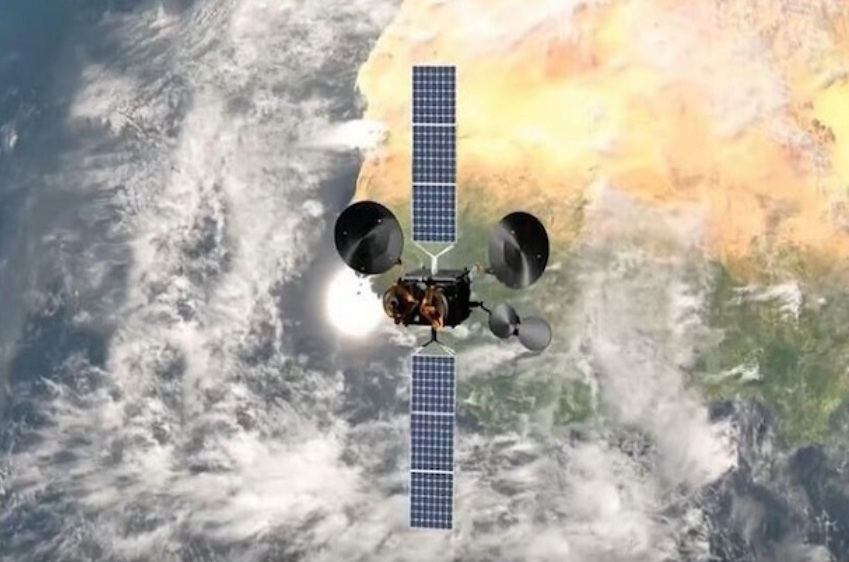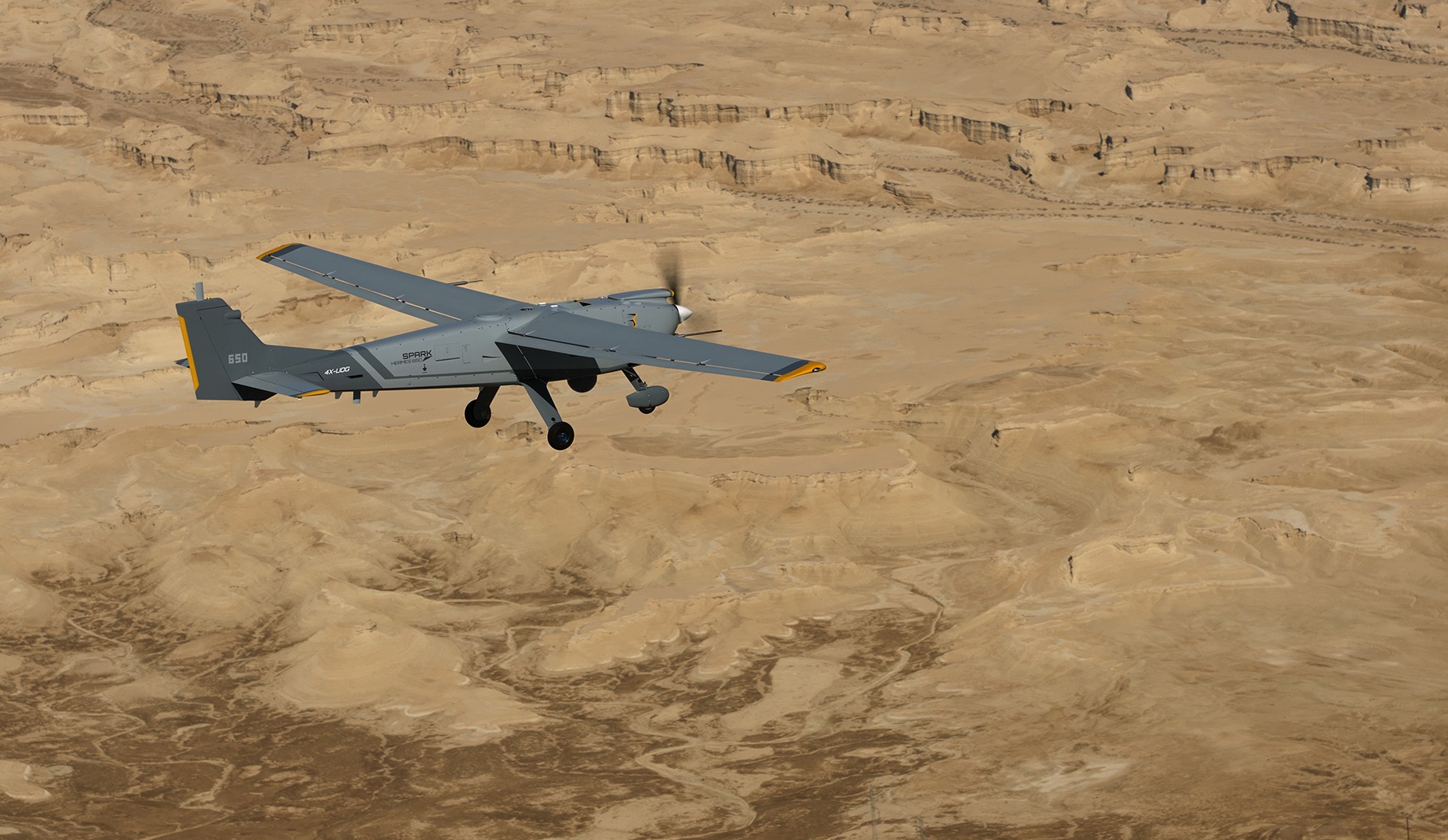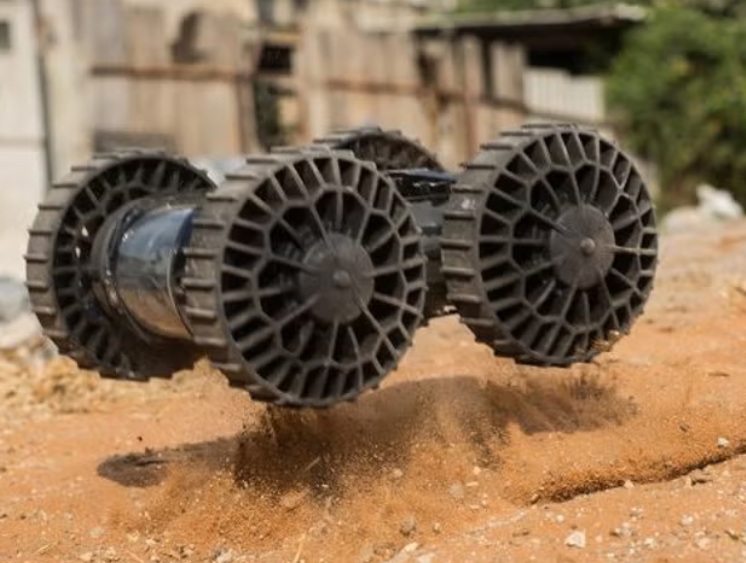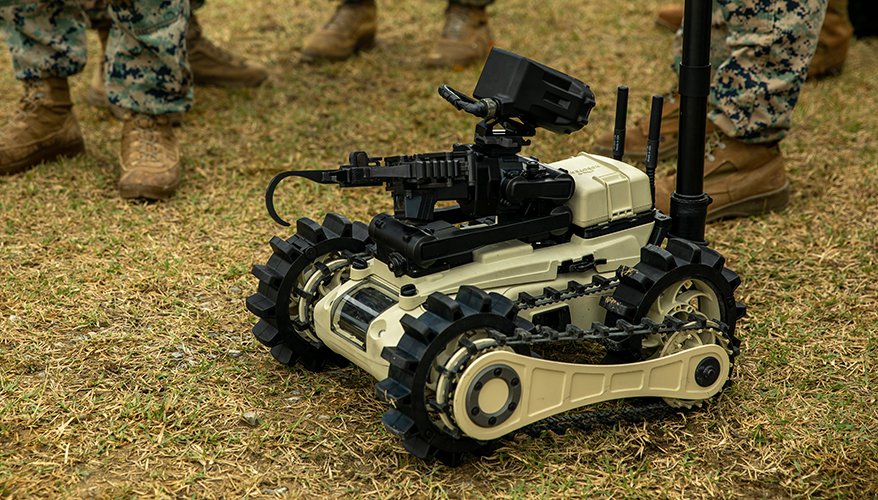Officials warn that the scale could rival or exceed the 3,000 Hamas terrorists involved in the original Oct. 7th attack.
By Hezy Laing
Israeli intelligence agencies have uncovered alarming evidence that the Iran-backed Houthi movement in Yemen is actively planning a massive infiltration operation into Israel, modeled on Hamas’s October 7th massacre.
The operation, reportedly code-named “Tufan al-Aqsa” or “Jerusalem Flood”, envisions thousands of terrorists entering Israel from neighboring Arab states—primarily Jordan and Syria—to obscure the operation’s true origin and avoid direct attribution to Yemen.
While exact numbers remain classified, officials warn that the scale could rival or exceed the 3,000 Hamas operatives involved in the original attack.
According to military sources, the Houthis have significantly upgraded their capabilities in recent months.
They’ve built underground missile factories and drone production centers across Yemen’s mountains and deserts, following an Iranian model of indigenous weapons manufacturing.
These facilities are designed to produce long-range, precision-guided missiles and low-flying explosive drones, many of which have already been used in attacks on Israeli territory.
A recent Houthi drone strike on Eilat injured more than 20 civilians, prompting Israel to launch Operation Moving Package, a retaliatory air campaign that dropped over 65 munitions on Houthi command centers in Sana’a.
Israeli Military Intelligence (AMAN) has formed new task forces to map Houthi infrastructure and monitor training programs.
These programs include militia recruitment and tactical courses designed to simulate mass border raids. Analysts believe the Houthis are preparing to deploy thousands of fighters in a coordinated ground assault, potentially using Jordan as a staging ground.
The plan represents a dramatic escalation from previous missile and drone attacks, shifting toward direct territorial infiltration.
The threat has triggered heightened Israeli surveillance along its eastern border and intensified cooperation with regional allies.
The United States has also responded by sanctioning over 24 entities linked to Houthi financing and arms transfers, aiming to disrupt the group’s growing arsenal.
Israeli officials warn that if left unchecked, the Houthis could evolve into a strategic long-range threat, capable of launching multi-front attacks that destabilize not only Israel but the broader Middle East.
As one senior IDF officer put it: “We do not want the Houthis to become a strategic, long-range missile threat. That is why we are acting now to disrupt their centers of gravity”.


